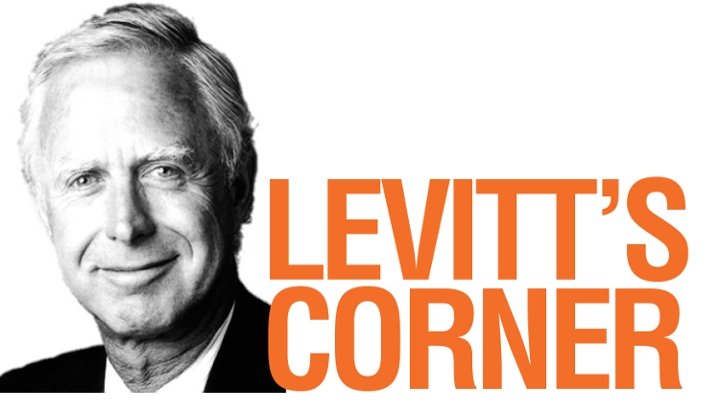Labor Department’s Fiduciary Proposal Aims to Balance Costs, Fairness, Says Levitt
October 30, 2015
U.S. Labor Secretary Thomas Perez said this month that there will be changes made to clarify and improve upon the department’s much talked about fiduciary rule for brokers handling retirement accounts. Former U.S. Securities and Exchange Commission Chairman Arthur Levitt, now a director at Bloomberg LP, says the Department of Labor’s fiduciary standard is a balanced proposal that shifts broker responsibility from their own self-interest to that of pensioners.’ He says the proposal has to balance costs with essential fairness to workers.
Perez’s Remarks
U.S. Labor Secretary Thomas Perez’s remarks pretty much outline the Department of Labor’s case for placing brokers on the same regulatory platform as advisers.
The arguments set forth really depend upon misdeeds caused by economic pressures; in other words, brokers are often motivated by self-interest because of production-based compensation. The fiduciary standard shifts the responsibility to placing pensioners’ interests above all others.
Rule Costs
It is very difficult to establish an accurate and reliable measure of cost for any new rule or regulation; at best this is someone’s motive-oriented guess. The real question is what price is worth paying for judgment dealing with people’s retirement income.
The economic motivation created by the broker-customer relationship is one that might be acceptable in ordinary commercial transactions, but is totally inappropriate with respect to retirement and pensions. Any change obviously represents potential costs; many firms within the U.S. securities industry have embraced alternative fee structures to sidestep conflicts inherent in commission-based compensation.
SEC’s Role
In a perfect world, the U.S. Securities and Exchange Commission is the agency best able to deal with investor protection. As part of the process, the commissioners would debate and ultimately formulate a proposal. However, the commission is so divided politically and philosophically that the likelihood of a balanced rule emerging within a reasonable period of time is totally remote.
Not New
This is not a new issue. It’s been with us for more than a decade. I believe that the DoL, under its experienced and fair-minded secretary, has come up with a balanced proposal. Experience may well reduce whatever costs are involved. The balance between costs versus essential fairness to long-serving workers weighs heavily in the direction of this proposal.
Note: This is Arthur Levitt’s inaugural column for Bloomberg Brief. His regular radio show — “A Closer Look With Arthur Levitt” — airs Saturdays at 11:30 a.m. and 7 p.m. on 94.5 FM in Boston, 103.7 FM in San Francisco, AM 1130 in New York and on SiriusXM 119.
Learn more about Bloomberg Brief Financial Regulation and take a free 30 day trial here.


